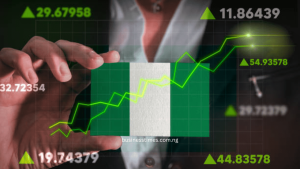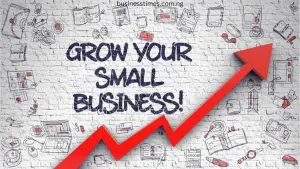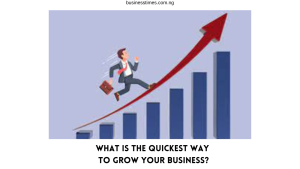
Proper financial management is a crucial component of every small business’s success. One key aspect of this is learning how to effectively categorize and track business expenses. Not only does this practice keep your business financially healthy, but it also makes tax time much less of a headache.
You can operate your small business smoothly and never have unexpected costs by following this blog post, which will walk you through the why and how of tracking your spending.
Understanding Why Expense Tracking Is Important
Keeping tabs on your business expenses is a fundamental aspect of financial management. Regular expense tracking allows you to see exactly where your funds are being allocated, thereby identifying areas where you could possibly save money. This practice can also help you craft a more accurate budget, anticipate upcoming expenses, and gain a deeper insight into your business’s fiscal health.
Perhaps one of the most significant benefits of meticulous expense tracking is its role in facilitating a smoother tax filing experience. This habit ensures that you don’t miss out on any deductions or credits that can lower your tax liability. Ensure to always track your expenses and you will appreciate that in the long run.
Identifying Your Small Business Expenses
To effectively track your expenses, it’s vital to recognize what these are. Small business expenses encompass anything from the cost of goods sold (COGS) to rent, utilities, payroll, and office supplies. Basically, any amount spent on operating your business is an expense.
Some expenses like rent or salaries might be constant, while others like utility bills or travel expenses can fluctuate monthly. Recognizing the varying nature of your expenses helps in creating a more realistic budget and this will help you to ensure that you know where and how your money goes and on what exactly.
The Different Categories of Business Expenses
Business expenses recognized by the IRS for tax purposes fall under various categories. First, the Cost of Goods Sold (COGS), which includes costs directly tied to the production of goods your business sells. Second, Capital Expenses that are related to starting or enhancing your business.
A third category involves expenses with both personal and business aspects. For example, a car used for personal and business purposes requires expenses to be split accordingly. Lastly, Deductible Expenses are those subtracted from your taxable income, thus reducing your tax liability.
Utilizing Technology to Track Expenses
Leveraging technology can dramatically ease the task of monitoring your business expenditures. There are numerous applications and software, such as QuickBooks, Expensify, and Zoho Expense, designed to automate expense tracking. These digital tools not only save you valuable time but also minimize potential mistakes.
Among their many features, they allow for expense categorization, receipt upload, and generation of comprehensive expense reports. Embracing such technology can streamline your expense management, ensuring accuracy and efficiency.
Keeping Good Records for Tax Purposes
Maintaining a well-organized and detailed record of your business expenses is vital when it comes to taxes. The IRS may demand proof of these expenditures during an audit. You should retain all related documents including receipts, invoices, bank and credit card statements, and payroll records.
Any other documents pertaining to your business expenses should be kept as well. These records should be stored for a minimum of three years, the time frame in which the IRS can initiate an audit on your business.
Developing a Regular Expense Review Routine
Establishing a consistent routine for reviewing your business expenses can contribute greatly to financial stability. Whether on a weekly or monthly schedule, regular reviews allow you to quickly identify any discrepancies or emerging trends. These observations can inform timely budget revisions or modifications to spending behaviours, enabling you to stay in control of your financial management.
This routine will also give you important insights into the financial health of your company and guarantee that you are always ready for tax season and any upcoming audits. Recall that proactive spending review can result in improved financial judgement and general business performance.
Benefits of Consulting a Professional
Opting for professional financial help can be a game-changer for your small business. By hiring an accountant or bookkeeper, you get access to their financial expertise, particularly in identifying tax deductions and credits.
They can guide you in creating a robust and efficient expense tracking system tailored to your business needs. Beyond tracking, they can also handle intricate financial matters, allowing you to dedicate more time to core business operations. Professional advice can fortify your financial management strategies, ultimately contributing to your business growth.
READ MORE:
Unlock Creativity with Free Cam 8: Your Ultimate Screen Recording Solution
7 Common Mistakes To Avoid When Starting A New Business
10 Profitable Businesses To Start With 500k in Nigeria 2024
Conclusion On How To Categorize and Track Small Business Expenses
Knowing how to categorize and track your small business expenses will greatly help you to know how your business funds are being spent and with this in place, you will definitely have a great business financials.
When the time comes for you to need to know what happened to specific income and outflows from your firm, you will be glad you followed the above-described processes and made sure to put them into practice.









2 thoughts on “How To Categorize and Track Small Business Expenses”